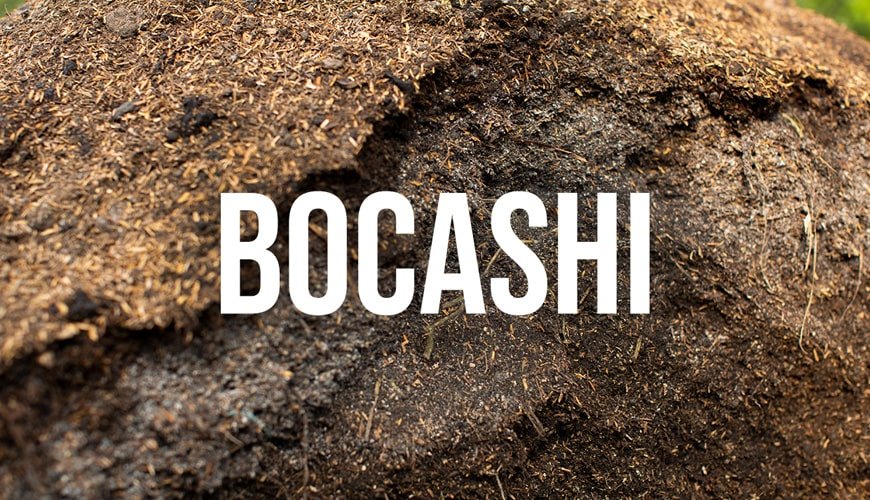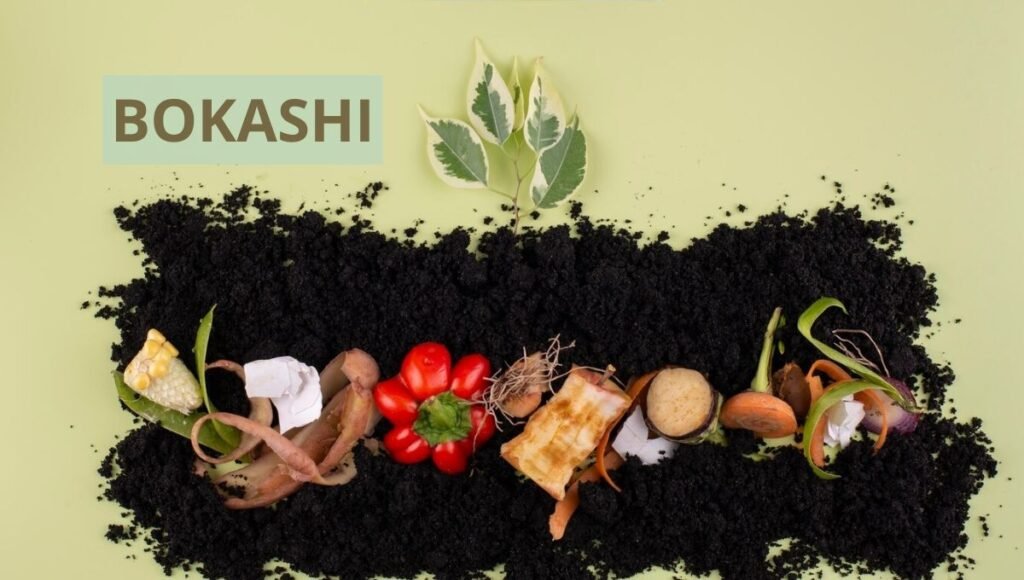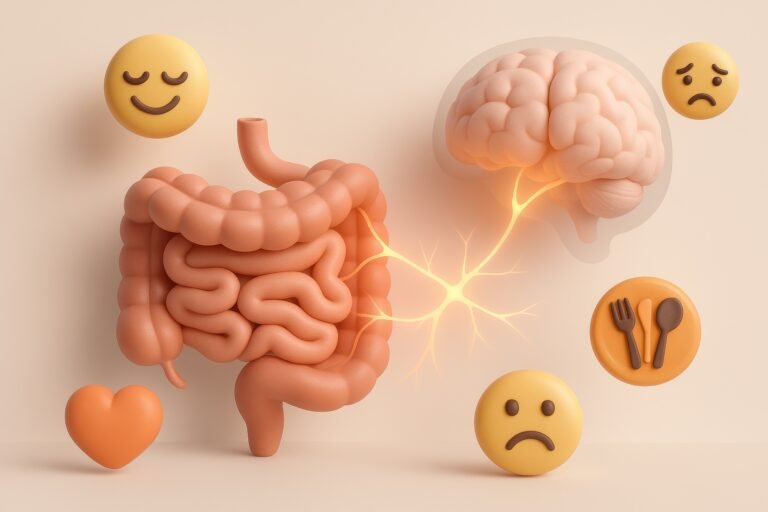Organic Agriculture
Organic fertilizers are naturally occurring substances, such as plant remains, manure, or compost, used to improve soil quality and provide nutrients to plants. Unlike chemical fertilizers, organic fertilizers contain no synthetic products and decompose slowly, gradually releasing nutrients.


- Compost this is a very common organic fertilizer, resulting from the decomposition of organic matter, such as food scraps, leaves, and manure, under controlled conditions.
- Manure this comes from animals, such as cows, horses, or chickens, and is a rich source of nutrients.
- Green manure this is obtained from specific crops, usually legumes, that are planted and then incorporated into the soil, enriching it with nitrogen and organic matter.
- Worm castings produced by the decomposition of organic matter by earthworms, it is a fertilizer rich in nutrients and beneficial microorganisms.
Bocashi is a type of fermented organic fertilizer originating in Japan, used to improve soil quality and nourish crops. It is an aerobic process that accelerates the decomposition of organic materials such as food scraps, manure, and garden waste. Bocashi provides essential nutrients such as nitrogen, phosphorus, and potassium, in addition to improving soil structure and microbial activity.
Making bocashi involves mixing different organic materials, such as manure, bran, molasses, rice husks, charcoal, and mountain microorganisms. These ingredients are combined and fermented over a period of time, with regular turning to ensure proper oxygenation. The fermentation process transforms the organic matter into plant-available nutrients, while reducing the risk of disease and pests.
- Improves soil fertility It provides essential nutrients and improves soil structure, which promotes root development and the absorption of water and nutrients by plants.
- Increases microbial activity The microorganisms present in bocashi help break down organic matter and release nutrients in forms that are assimilated by plants.
- Reduces the need for chemical fertilizers By improving soil fertility, bocashi helps reduce dependence on synthetic chemical fertilizers, thereby reducing environmental risks.
- It's a sustainable process It uses locally sourced organic materials, which reduces waste and promotes a circular economy.
- Improves plant health By strengthening the soil and nourishing plants, bocashi contributes to healthier, disease-resistant growth.
Bocashi can be applied at different stages of cultivation, from sowing to plant development. It can be used in orchards, gardens, agricultural crops, and even aquaculture. The application rate varies depending on the type of crop, soil type, and climatic conditions. In short, bocashi is an organic fertilizer technique that offers numerous benefits for sustainable agriculture, improving soil fertility and plant health in a natural and environmentally friendly way.
THE GUT-BRAIN CONNECTION

